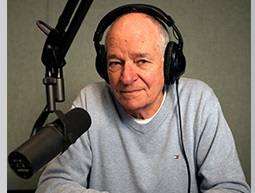Bruno D.
Senior Member.
This John Bohannon journalist guy created a hoax - chocolate actually makes you loose weight - published it to "scientific journals", and they accepted that with no peer-review.
But for me the most interesting part of the article is how he created bad science, published it and made his claim stronger. It's kind of terrifying what can be "proved".
http://io9.com/i-fooled-millions-into-thinking-chocolate-helps-weight-1707251800
John's actual goal was to criticize how the diet industry works and how the Media loves magic studies about diet miracles.The call wasn’t a complete surprise. The year before, I had run a sting operation forScience on fee-charging open access journals, a fast-growing and lucrative new sector of the academic publishing business. To find out how many of those publishers are keeping their promise of doing rigorous peer review, I submitted ridiculously flawed papers and counted how many rejected them. (Answer: fewer than half.)
But for me the most interesting part of the article is how he created bad science, published it and made his claim stronger. It's kind of terrifying what can be "proved".
http://io9.com/i-fooled-millions-into-thinking-chocolate-helps-weight-1707251800

